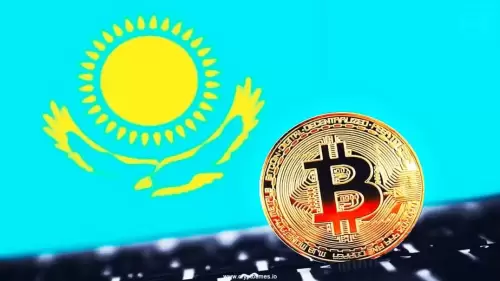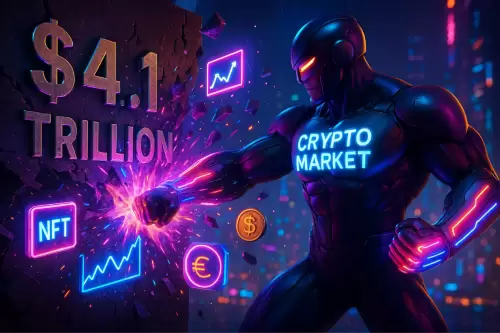Archaeologists in Vadnagar, Gujarat, discovered coin moulds linked to Apollodotus II, revealing insights into ancient trade and the enduring value of Indo-Greek coinage.

The discovery of clay coin moulds in Vadnagar, Gujarat, is rewriting the narrative of ancient trade and economic practices in India. These moulds, linked to the Indo-Greek king Apollodotus II, offer a fascinating glimpse into the past, raising intriguing questions about the reproduction and circulation of ancient coinage.
Unearthing the Past: Coin Moulds and Apollodotus II
Recent excavations at Amba Ghat in Vadnagar have revealed 37 clay coin moulds dating back to around the 5th century CE. What makes this discovery particularly compelling is that these moulds were used to create coins resembling those of Apollodotus II, an Indo-Greek ruler who reigned centuries earlier, between the 2nd and 1st centuries BCE. Apollodotus II was known for his bilingual coins, drachmas, which were used in ancient trade. However, no actual coins were found alongside the moulds, adding a layer of mystery to the find.
A Hub for Coin Reproduction?
Archaeologists suggest that Vadnagar may have been a local center for reproducing these coins, possibly to meet the demands of trade markets long after the original coins had disappeared. The moulds show signs of reuse, and some even feature double impressions, indicating that multiple coins could be cast at once. This suggests a deliberate effort to replicate coins that were once valuable in long-distance trade.
Gujarat's Connection to Ancient Sea Trade
This discovery underscores Gujarat’s significant role in ancient sea trade. Historical texts mention Apollodotus’s coins being used in Bharuch, a major port in Gujarat. The persistence of Apollodotus’s coins in trade, long after his dynasty had faded, highlights the enduring value of silver coinage across centuries and regions.
Why Reproduce Ancient Coins?
One of the biggest questions raised by this discovery is why coins of a long-dead king were being reproduced centuries later, and so far from his original kingdom. Researchers theorize that these reproductions might have been created to meet ongoing trade demands, particularly along the Arabian Sea and Indian Ocean routes. The original coins were made using methods like punch-marking and die-striking, the moulds suggest the people of Vadnagar found original coins and used them as models to create new moulds, a novel approach to coin production.
The Broader Significance
The find adds new importance to the region and helps in understanding Gujarat’s history. Artifacts like Indo-Pacific beads, shell bangles, coins, cowries, and torpedo jars confirm Vadnagar’s role as a production center and land port.
Who knew that digging in the dirt could unearth such a cool story? These coin moulds aren't just old clay; they're a tangible link to a time when trade routes buzzed with activity, and the echoes of Greek kings resonated in the heart of India. It's a reminder that history is always waiting to be discovered, one mould at a time!














































































